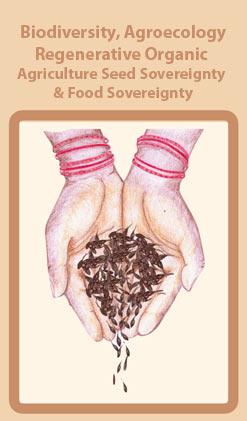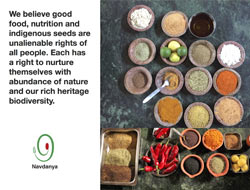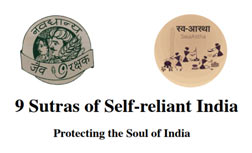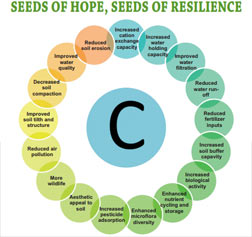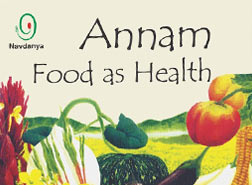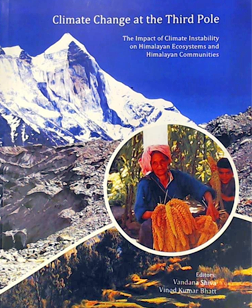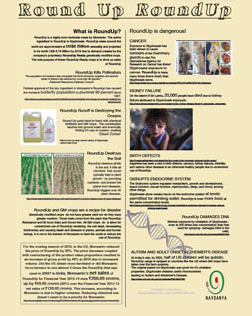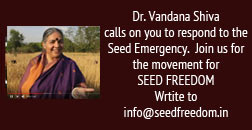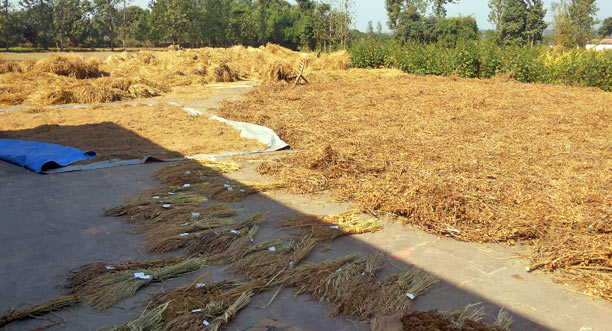 Without seeds one cannot grow the crops so we need seed to grow any crop. Today seed has become a big problem area for the farmers as the multinational companies from around the world has made it a means of making money.
Without seeds one cannot grow the crops so we need seed to grow any crop. Today seed has become a big problem area for the farmers as the multinational companies from around the world has made it a means of making money.
Normally farmers grow many crops every season but now with the new development only few farmers save seeds. With the time some of the farmers lost the skills of saving seeds, whereas some became dependent on market for the seeds from seed companies, who often promote hybrid seeds.
Subsidies for the hybrid seeds of rice and Maize in India have gone up by many a fold. For eg. for hybrid rice it is upto 80%. Even then the cost of the hybrid seed is upto ten times than that of the seeds evolved by the Agriculture Universities including HYV's or Native varieties.
Local open pollinated Seed are the answer for any kind of problem related to seeds, whether it is climate related or disease and pest related problems. Even our open pollinated seeds have scope to improve. These varieties need to continue to be selected and improved to meet the demands and conditions of our ever-changing environments and market pressures. Locally produced organic seeds are in high demand these days and is definitely a burgeoning field as the demand for high-quality organic seed is rising year after year with the demand of organic food in the market as a result of increasing health problems and awareness amongst the consumers.
Many seeds evolved by the farmers have been lost due to either ignorance, during wars or unrest, natural disasters like fire, floods, earthquakes, landslides, tsunami, drought or as a result of Roads, Dams, Urbanization and other developmental activities and also due to adoption of new farming methods especially use of excessive chemicals as well as seeds from the companies that respond to the inputs. Other than this new policies and laws are also encouraging people to change the seed, which is ultimately resulting into the loss of old seeds.
Saving own seed means collecting your own seeds to have seed at home for next season’s planting. Saving seeds will not only make farmers self sufficient in the seeds but they can also save seeds of their own choice and save money which otherwise they were paying to companies. This way they can help conserve diversity and save the traditional, heritage varieties. Local seeds are also well adapted to the local conditions, therefore saving these seeds will ensure availability of these locally adapted climate resilient seeds. Farmers also keep on improving their seeds and exchange or donate to their relatives, neighbors and friends.
Navdanya provides training on seed saving to the farmers time to time through its training centers as well as directly in the farmers fields. In the last 26 years Navdanya was able to train more than 200000 farmers on seed saving through various trainings.

